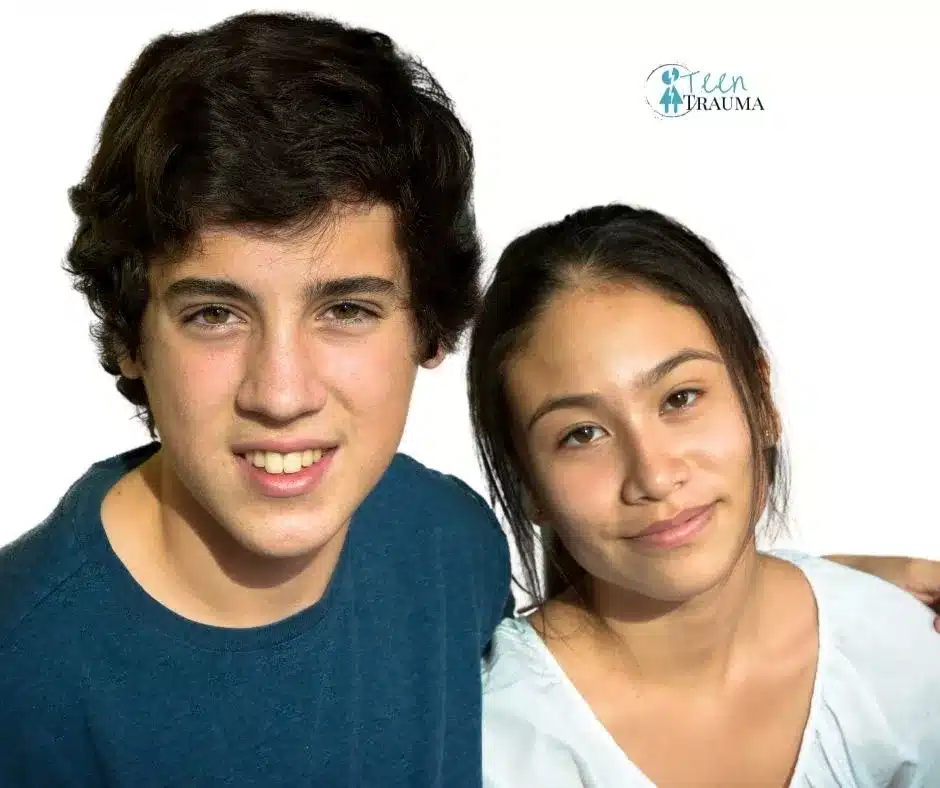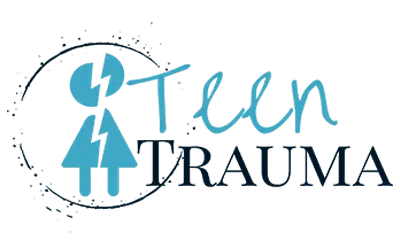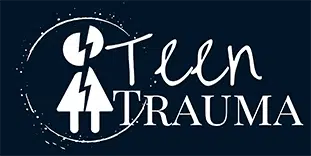What Causes Obsessive Love Disorder (OLD)
Childhood trauma can have a significant impact on a child leading to a variety of dysfunctions later in life. Many children who suffer traumatic experiences, particularly if those experiences involve abuse from someone they should trust, can experience post-traumatic stress disorder and obsessive love disorder.
In extreme cases, abused children will develop delusional disorder, seeing and believing delusions in the world around them.
For most abused children who develop attachment issues, their PTSD manifests in obsessive love disorder, which causes them to cling tightly to any love relationship they have.
These obsessive, controlling behaviors in relationships show up in the teen and adult years, which can make it difficult to trace them back to child abuse as a younger child.
Yet this is almost always the root cause of young people experiencing attachment disorders. With the right help, these children and teens can grow past these problems and learn to live life with healthy relationships, but first, the adults in their lives must be able to recognize the problem.
Here is a closer look at attachment disorders, the link between trauma and these concerns, and how adults can help teens and children who are struggling with this condition.
Symptoms of Love Obsessive Disorder
The Manifestation of Attachment Disorders
Attachment disorders are abnormal patterns of attachment that can cause controlling, fearful, and obsessive behaviors when someone is in a relationship.
Individuals with attachment disorders may feel an overwhelming fear of losing their relationship, feeling as though they cannot cope without that relationship in their lives.
This fear of abandonment fuels their disorder, causing them to work as hard as possible to keep their love interest in their life.
This insecurity may cause them to react by taking unhealthy or unusual measures to keep a relationship intact.
These young people often suffer from very low self-esteem due to the trauma of their past. They were told for years that they did not matter, either verbally or through physical abuse, and now they believe that to be fact.
This low self-esteem makes them further cling to any friendship or love relationship they have. When someone shows an interest in them, they want to keep that interest at all costs to boost their self-esteem.
Attachment disorder is very common in victims of childhood trauma.
TeenTrauma.com Tweet
Another symptom of obsessive love disorder is an inability to set boundaries with a relationship partner. These youths may engage in risky sexual behavior in an attempt to stay in their relationship. They rarely say “no” to the other party, regardless of what they want to do. Sometimes they even end up in abusive romantic relationships as a result.
Finally, people with obsessive love disorder often suffer from love or sex addiction. They crave the dopamine reaction that comes from having sexual encounters or being in love with another party, and they engage in risky behaviors in order to continue getting that fix.
Signs Your Young Person is in an Unhealthy Relationship

As a parent, you may not notice signs of obsessive love disorder in your teenager, or you may struggle to recognize these signs as anything more than normal teenage infatuation.
A better way to gauge the health of your child is to look at the health of their relationships. Unhealthy relationships, especially with teenagers, do show some signs. These may include:
- A boyfriend or girlfriend who is possessive
- A change in your teen’s habits
- Unexplained injuries, especially bruises
- The partner undermines your child’s goals
- Constantly checking in with the significant other
- Frequently apologizing to the other person
- Getting serious too quickly
- Significant amounts of jealousy from either party
If you are consistently noticing these symptoms of obsessive love disorder in your teen, it may be time to seek help. Obsessive love disorder and post-traumatic stress disorder from childhood abuse are not things to ignore.
If left unchecked, these disorders can cause your child to engage in risky behaviors and seek out even more dysfunctional relationships.
How to Help a Child Process and Heal from Traumatic Experiences
If you notice your teenager showing signs of these problems, professional help is important.
Childhood trauma is a complex issue, especially if sexual abuse was involved, and you need the services of a professional to dig in and see where the problems are.
Once you discover the source of the trauma, you and your child’s therapist can start working to heal it, and with that healing comes freedom from the symptoms of obsessive love disorder.
Controlling relationships are never healthy, but they are often a sign of other serious issues. If you are noticing these concerns with your teenager, reach out for help right away to address the potential childhood trauma that is the root cause of most obsessive love disorder problems.
With professional help, many abused children can grow into functional adults who can heal from their traumatic experiences and move forward with healthy relationships, but it takes proactive care.
Get involved, create awareness for childhood trauma and teen trauma. Share these in your favorite social media channel.
Write for us
Are you a trauma survivor, an expert in child or treen trauma, a psychologist, teacher, counselor, advocate, or thought leader? Think you’ve got a fresh perspective that will help our audience?
We’re always looking for authors who can deliver high-quality articles and blog posts. Writing for us will expose you to a whole new audience and help establish you as an expert in this field.












